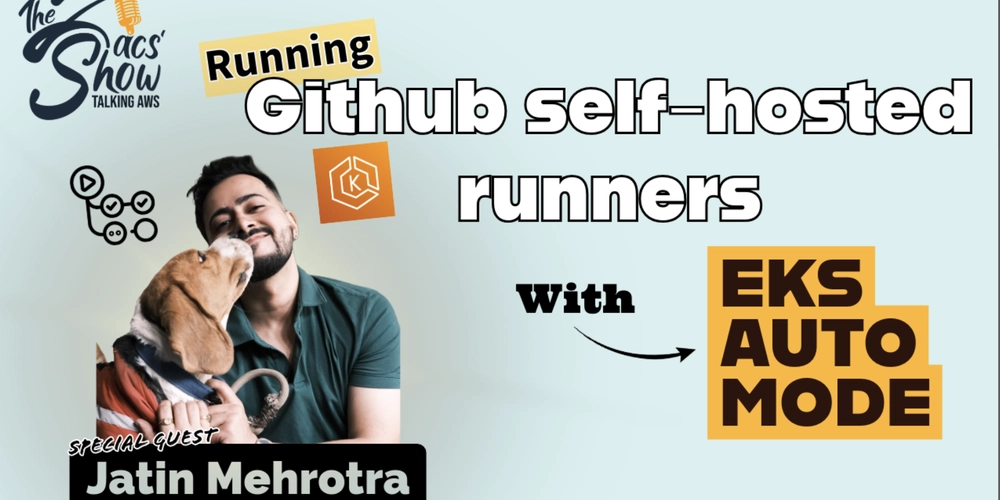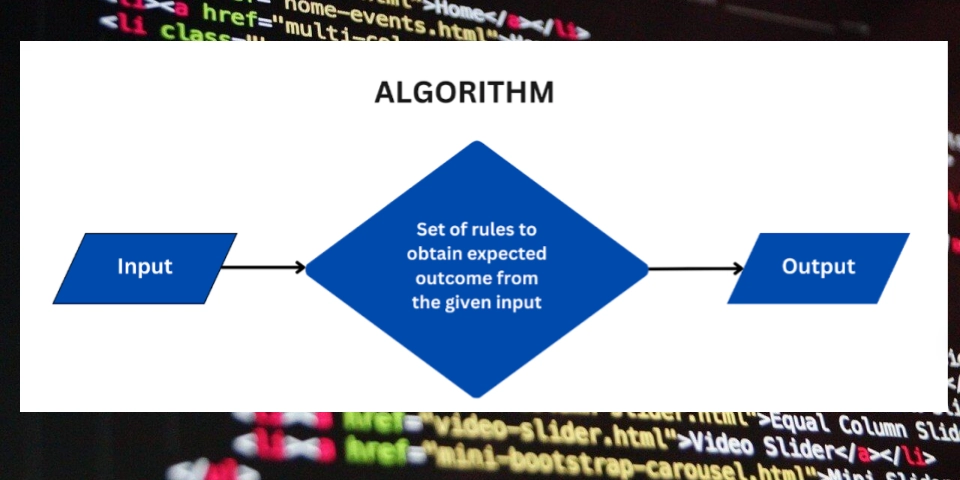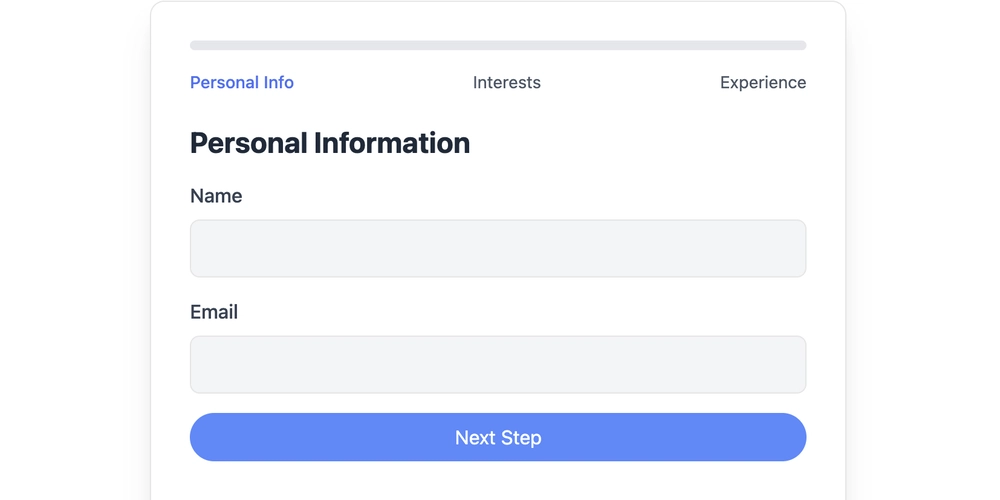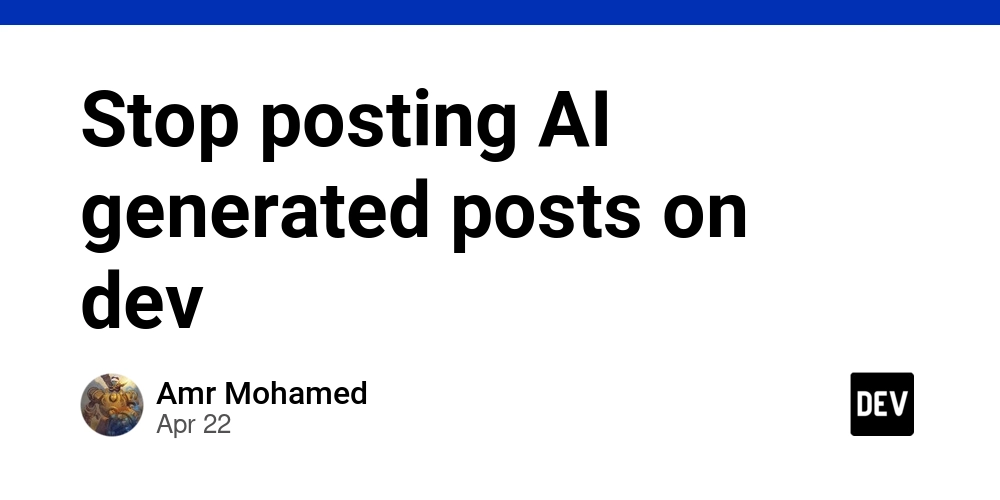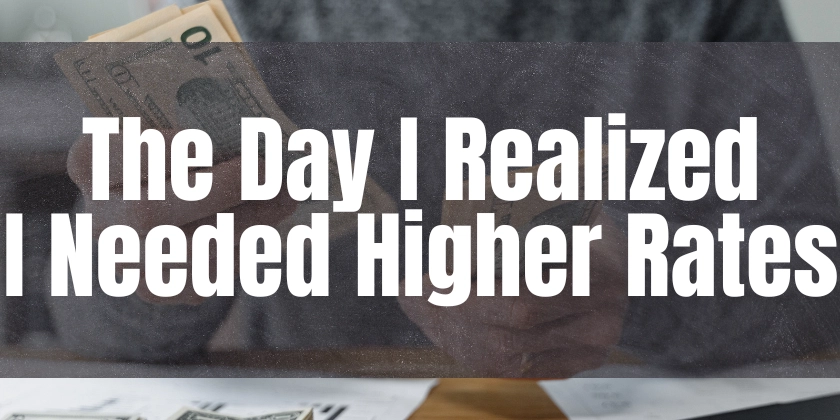
Ditch WordPress? Critical Reasons Why WordPress Might Not Be the Best Choice for Your Website
Considering WordPress for your next website? While it's a popular choice, it's crucial to understand potential downsides. This article highlights critical issues to consider before choosing WordPress, covering security risks and rising development costs.
Sticking with Old PHP Versions: Ignoring Performance And Security
One of the biggest problems with WordPress is its continued support for outdated PHP versions.
- Performance Boost: Newer PHP versions translate directly into faster loading times and the ability to handle more traffic.
- Reduced Development Time: Newer PHP versions offer functions that simplify development.
- Security Nightmare: Old PHP versions aren't maintained, leaving websites vulnerable to attacks and potential data breaches.
Supporting PHP 7 is a gamble with your website's security and performance. It's like driving a car without airbags – why take the risk? It's important to use alternatives to WordPress as this may provide you with better security that you need.
Exposing Sensitive Files: Inherent WordPress Security Flaws
WordPress's core structure exposes critical files like wp-config.php, which contains sensitive database credentials.
- Root Vulnerability: The default configuration makes it easy for attackers to access and exploit these files.
- Security Risk: Even with workarounds, the fundamental issue of placing configuration files in a public directory persists.
This is like leaving your house keys under the doormat – a clear invitation for trouble. Using Headless WordPress can assist in mitigating this risk, at a cost with more complex infrastructure.
Plugin Chaos: Lack of Standardization
WordPress's plugin ecosystem suffers from a lack of standardization, leading to potential conflicts and security vulnerabilities.
- Inconsistent Standards: Plugin requirements focus more on marketplace inclusion than code quality or security best practices.
- Vendor Directory Duplication: Plugins often include their own versions of libraries, creating bloat and potential conflicts.
This is like building a house with mismatched bricks – it might stand, but it's not going to be sturdy.
Scaling Challenges: No Official Support
Scaling a WordPress site can be a challenge, with limited official documentation and reliance on third-party solutions.
- Lack of Official Guidance: Finding reliable scaling information often requires sifting through unofficial sources.
- Performance Bottlenecks: Inconsistent code and plugin conflicts can hinder performance as traffic increases.
This is like trying to navigate an unfamiliar city without a map – you might get there eventually, but it's going to be a struggle. WordPress alternatives, like Contentful may be the better solution for your organization.
The Bottom Line: Is WordPress Worth the Risk?
WordPress's commitment to backward compatibility, while seemingly user-friendly, creates issues like security vulnerabilities, longer development times, and scaling problems. As a developer, it's your responsibility to inform clients about these risks and explore alternative solutions that prioritize security, performance, and maintainability. When choosing CMS platforms be sure that it will align with your business needs.
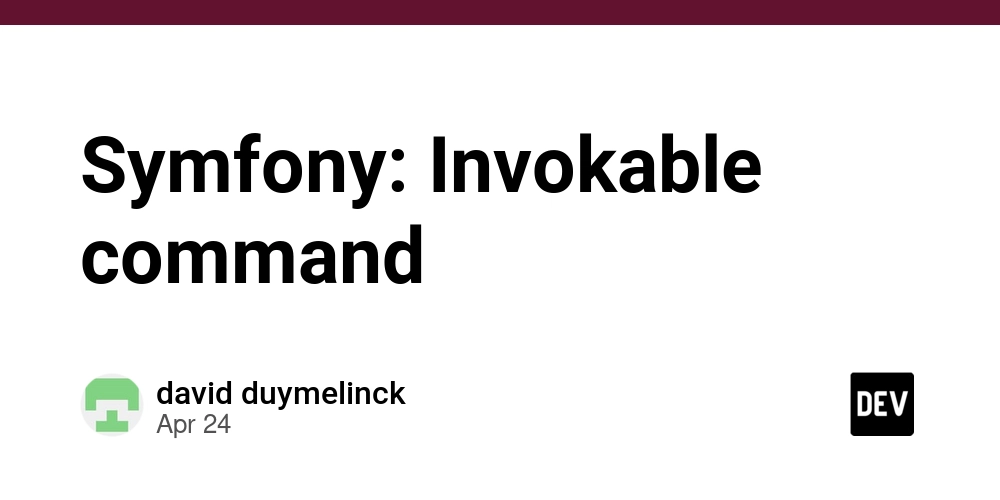

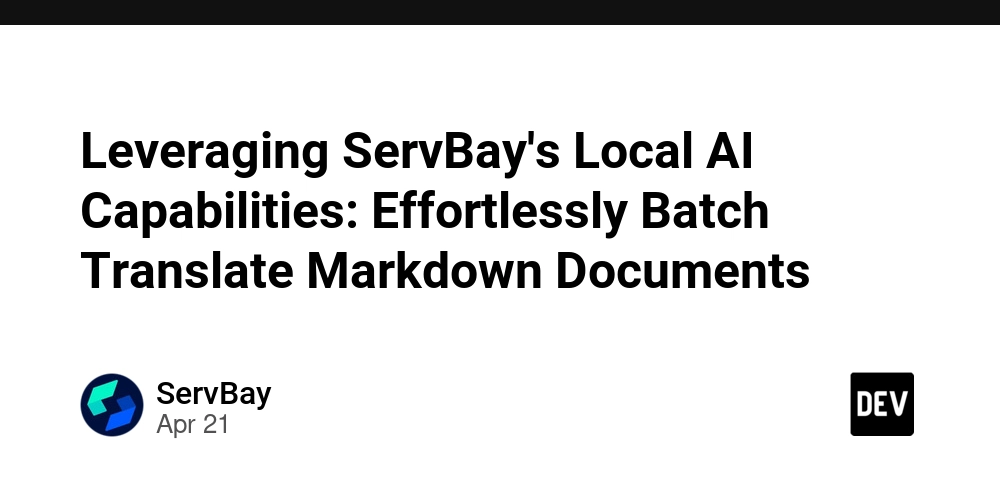



![Is [X Service] Down? Reduce Support Tickets with an IT Status Page](https://media2.dev.to/dynamic/image/width=1000,height=500,fit=cover,gravity=auto,format=auto/https%3A%2F%2Fdev-to-uploads.s3.amazonaws.com%2Fuploads%2Farticles%2F4711peq7blgvbjijnfb0.jpg)

